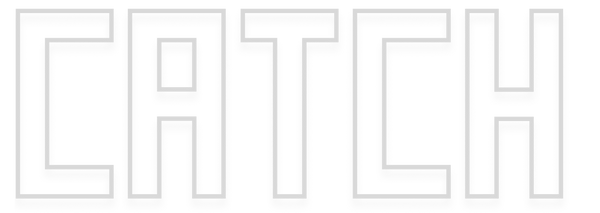You’re standing at the edge of a cliff in Santorini, or in a sticky-floored karaoke bar in Tokyo, or on a rooftop in Manchester with a couple of beers and an accidental sunset.
You pull out your phone, take 47 photos of the moment, apply a filter, forget about all of them except the one that gets the most likes, and then scroll for three hours through content that you cannot remember the next day.
Well done... you have just turned a magical moment into a JPEG sandwich for the algorithm to snack on, and given up on the moment that you wanted to remember.
Now let’s rewind. Same rooftop. Same sunset. But this time, you’ve got a little point-and-shoot film camera in your hand.
You frame the shot. You breathe. You press the shutter once, maybe twice, and that’s it. You don’t know what you got. And that’s the point.
Film makes you care. Not in an overly sentimental way, no violins, no sepia, but in a human - we make mistakes, life isn't perfect, but we are finding our way, way. You only get 24 or 36 shots per roll. That’s it. No endless retakes, no digital safety net. Every photo costs actual money and actual time, which means every photo matters. You think more. You look harder. You feel present. You don’t even realise you’re slowing down, but suddenly, you are. And it feels great.
Meanwhile, digital photography is like a buffet at an all-inclusive resort. You load your plate with 200 images, most of which are cold and deeply unremarkable, and then you sit back wondering why you still feel kind of empty inside. And going back for more, is just like looking for more dopamine on your phone.
Film, on the other hand, is the long, slow meal. You wait. You wonder. You send your rolls off to be developed and spend a week thinking about that one shot you took that might be really special. And when the photo comes back, it hits different. Like finding an old letter in a coat pocket. There’s a physicality to it. A soul. Even the "bad" shots have a strange kind of magic. Blurry? Cool. Underexposed? Moody. Your thumb in frame? Iconic. It’s not about perfection—it’s about intention.
The reality is your brain loves it. Seriously. Slowing down, engaging your senses, embracing imperfection—all of that is catnip for your mental health. It pulls you out of the doomscroll and back into the real world. You start seeing textures, shadows, tiny stories happening on the street. Your creativity reboots. You start noticing things. Like how much you missed noticing things.
So yeah. Film photography is better for your wellbeing. Better for your creativity. Better for your connection to wherever you are and whoever you're with.
Digital is easy. Film is worth the wait.
Welcome to the slower life.
 Log in
Log in
